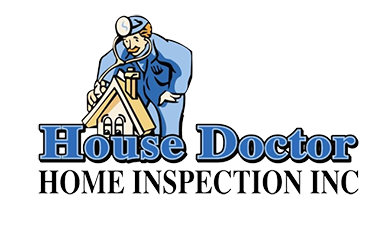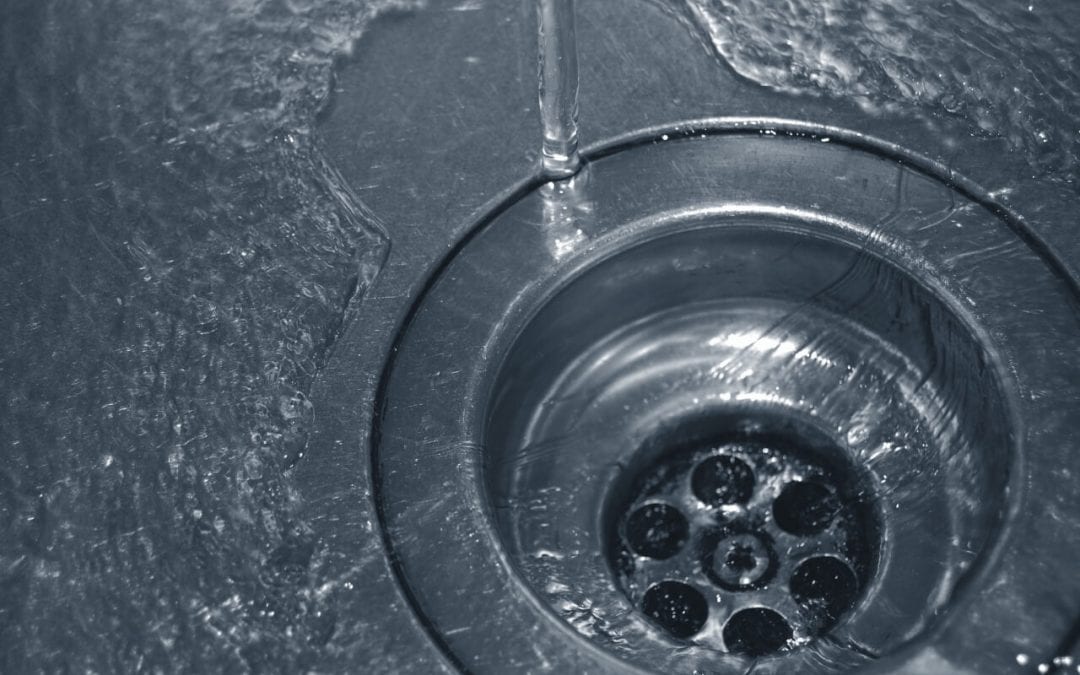Septic Tank Maintenance Requires Pumping
The septic tank collects grey and black water from the household. Once the materials enter the container, solids sink to the bottom and liquids float to the top. Over time, the water levels rise. Liquid drains out through an exit pipe that is attached to the leach field lines. Eventually, sludge builds up in the bottom, which needs to be pumped out and taken to a treatment facility. Most septic tanks should be pumped every three to five years, depending on how big the tank is and how many people live in the household.
Be Mindful of What Goes Down the Drain
A septic tank cannot break down everything. The system can become clogged and fail. Be aware of what you wash, flush, and rinse down the drains. The only household material that should go into the tank is toilet paper. Do not flush paper towels or wipes. Homes that are on septic systems should not have a garbage disposal installed because the food will not break down inside the tank. Food scraps, eggshells, and coffee grounds should not go down the drain. Chemicals, like drain-clog removers, paint, and household cleaners, will kill the bacteria that break down the solids in the tank. Use a waste bin to dispose of food scraps, unclog drains with a drain snake, and take chemical products to your local landfill for proper disposal.
Inspect the Field
Septic tank maintenance involves monitoring the land. Mark where the tank and leach field are located. Once a month or so, walk the length of the system, looking for soft spots and standing water. This could be a sign of failure. Remove any bushes or trees that begin to sprout on or near the field. Their roots may grow into the pipes and clog the system. Do not park on the tank or field because the extra weight may crush the piping and damage the system.
Reduce Water Usage
Reducing the amount of water that flows into a septic tank will help keep the tank from overflowing and overworking. Install a water-saving washing machine, low-flow toilets, and water-reducing showerheads to conserve water. Sometimes, cities, counties, and states give homeowners rebates for installing water-efficient items. Check with your local building department to see if there are any available when you’re shopping for new appliances.
Additives for Septic Tank Maintenance
No chemicals should be poured in a septic tank, but you can find beneficial biological additives for tanks. These are natural ingredients that help keep the bacteria in balance. Be very selective about which product you choose and talk to your local septic tank maintenance company before selecting one.
House Doctor Home Inspection provides home inspection services, including septic inspections, to customers in Rhode Island. Contact us to schedule our services.

